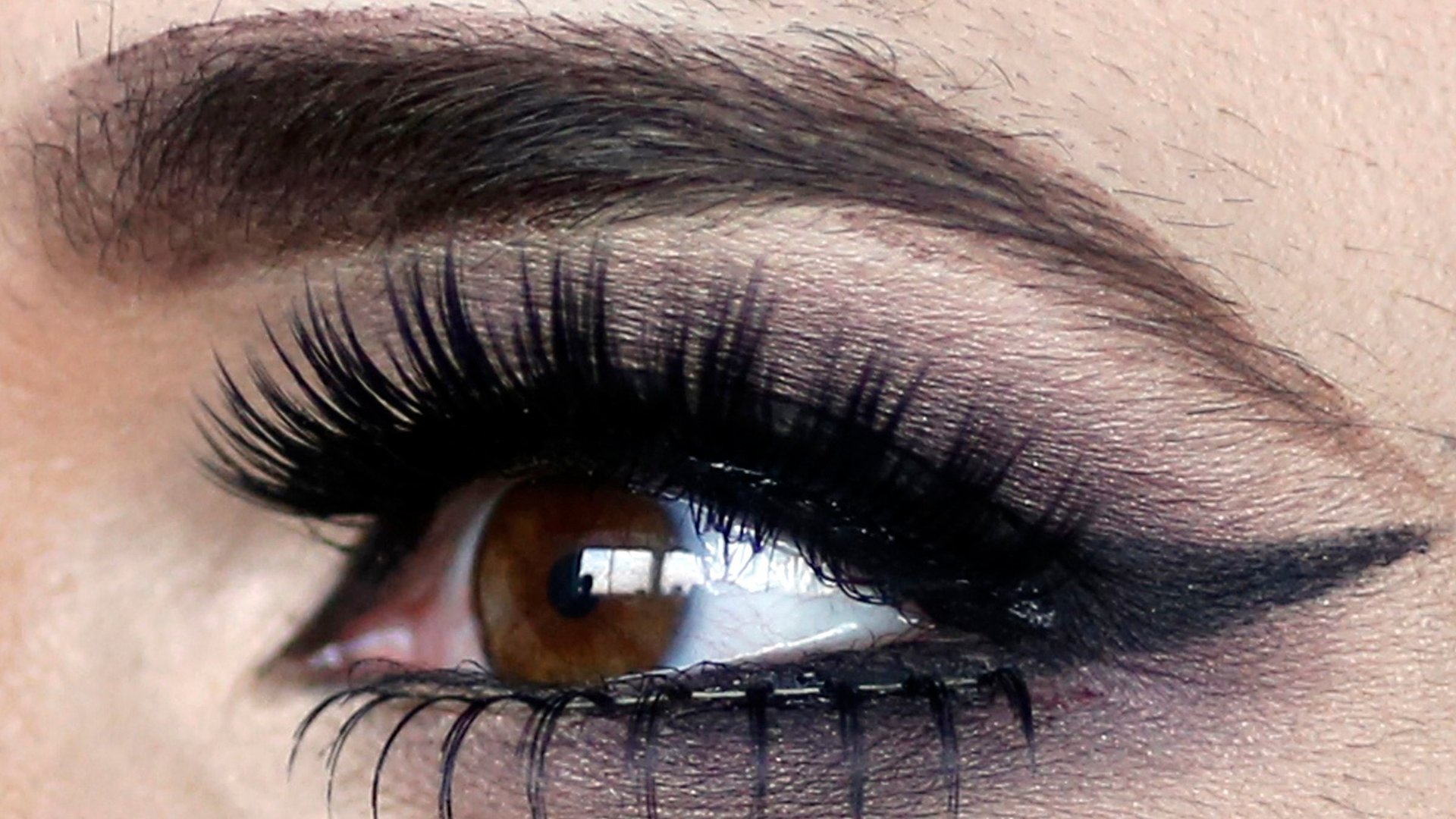Doctors might be able to tell if you have Alzheimer’s by putting this cream on your eye
A small, early study has found that applying a cream to the lens of your eye can indicate whether you have Alzheimer’s disease before debilitating symptoms occur.


A small, early study has found that applying a cream to the lens of your eye can indicate whether you have Alzheimer’s disease before debilitating symptoms occur.
Presented at yesterday’s Alzheimer’s Association International Conference in Copenhagen and reported in The Wall Street Journal, the study is among the body of research examining the eye as a means for noninvasive and inexpensive early Alzheimer’s detection. Such early detection is essential for finding candidates for clinical medical trials and understanding the progression of the disease, as well as allowing patients and their families to prepare for Alzheimer’s onset.
The ointment idea comes from Cognoptix, a US biotech company. Applied to the lens of the eye, it binds to the Alzheimer’s “tell”—large protein clumps called beta-amyloid plaques—and fluoresces when scanned. The small 40-person study conducted by the company was 85% accurate in picking out those that had the disease and strongly detected correct amyloid levels, as confirmed by more expensive and conventional PET scanning.
A similar finding comes from a collaboration led by Australian science agency, the Commonwealth Scientific and Industrial Research Organization. Rather than the lens, researchers examined participants’ retinas after ingesting a supplement of the tumeric spice ingredient curcumin, which naturally binds to beta-amyloid and glows when imaged. This too proves promising from the initial results and comparisons to conventional diagnostic imaging techniques.
It’s too soon to gauge if and when these tests will be at your next annual physical. But the findings are in line with a growing body of quick and simple early Alzheimer’s detection methods, such as smell and blood tests.